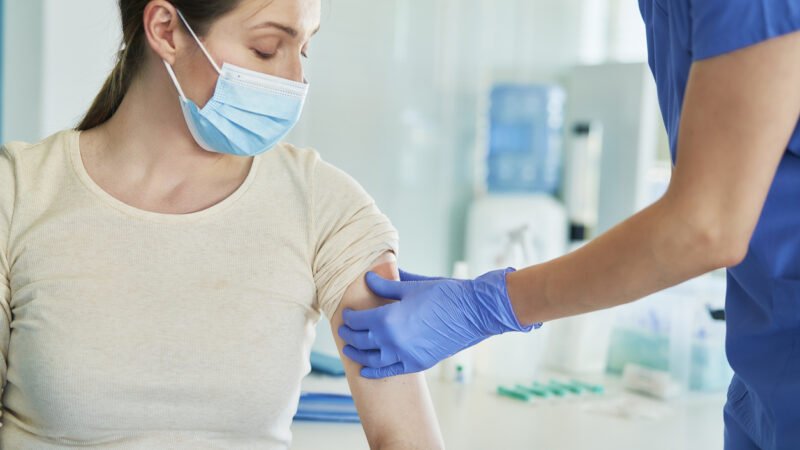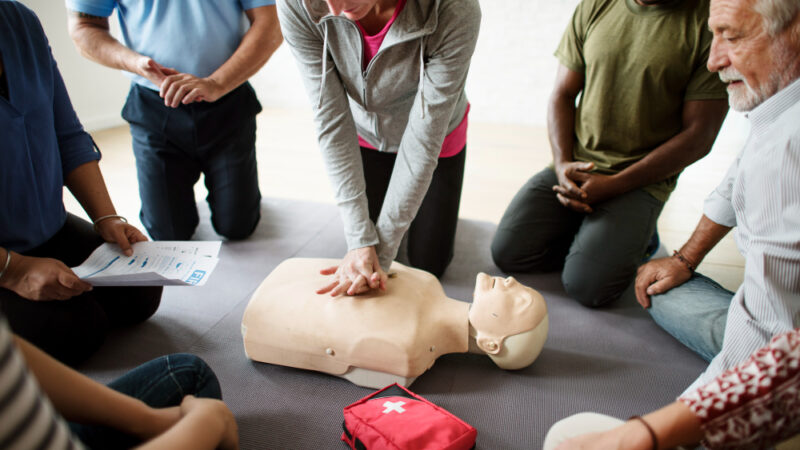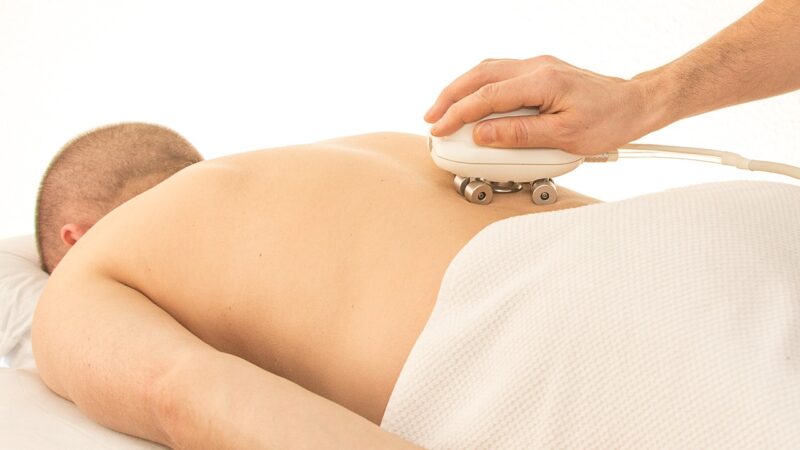How To Overcome Supplement Deficiencies While On A Plant-based Diet?
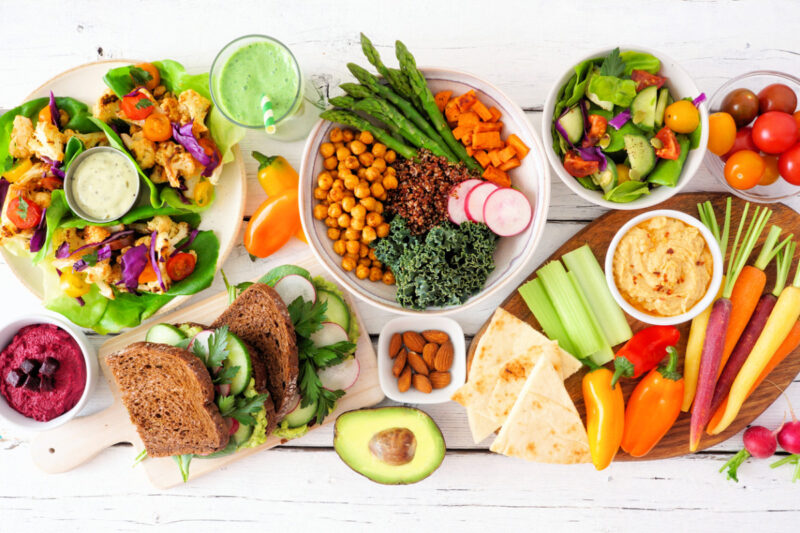
Introduction
The vegan diet is increasingly becoming popular globally, with big names transitioning towards it and advancing it. While many individuals find a vegan diet an ethical option to diminish animal torture, most transition towards the diet to chop down their weight and work on their health.
Individuals may accept they are working on their health on a vegan diet. However, they may require more healthy nutrition. This is because a vegan diet is strict to balance. The plant-based options are supplement-effective, so you have to eat a lot of various fixings. In an omnivorous or vegetarian diet, milk and other animal proteins are great energy-effective sources.
At the point when you avoid animal proteins, you should manage plant nutrition well. A lack of balance in a vegan diet, especially in advanced age, could lead you to have recovery care services to work on your failing health. If you are a vegan and this information has made you interested, you don’t have to stress, as this article will give ways to overcome supplement deficiencies you may face in a vegan diet.
Supplement Deficiencies One May Insight Into A Plant-Based Diet
A few proteins and supplements abundant in animal items are not readily available in plant-based nutrition. This doesn’t mean that plants don’t have these supplements, yet their quantity is low. Getting these by consuming regular or unplanned quantities of plants isn’t easy. A portion of the supplements that may be lacking in a vegan diet are mentioned below;
- Vitamin B12
- Vitamin B9 (folate)
- Iron
- Vitamin D
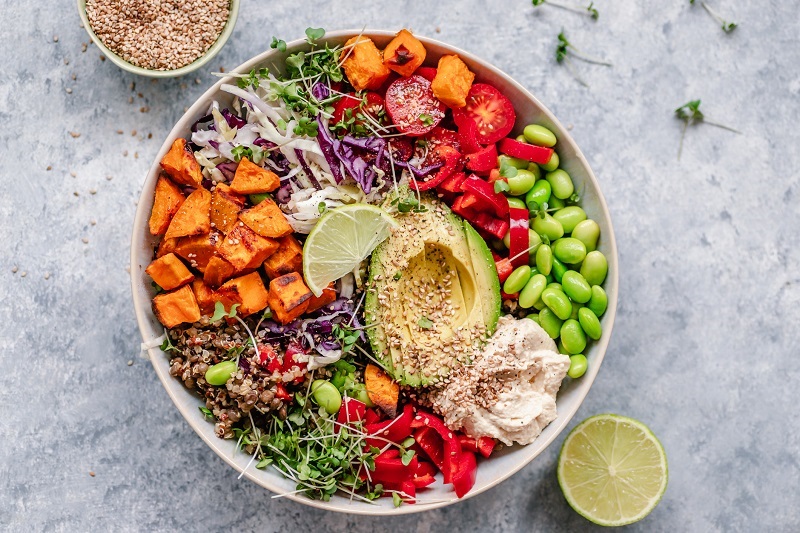
How To Work On These Deficiencies?
-
Vitamin B12 and B9
Vitamin B12 is part of the B complex of vitamins and is an essential vitamin that is only attainable through our diet as mainly meat and dairy sources. Vitamin B12 is critical for the production of platelets, neurological function, myelination, and maintenance of the sensory system. Vegans are at an increased gamble of creating a lack of vitamin B12 because of the lack of animal and dairy sources.
The best wellsprings of vitamin B12 for individuals on a vegan diet include:
- Nutritional yeast
- Yeast spreads like marmite
- Braced soy and almond milk
- Strengthened cereals
The NHS study recommends that an average human needs approximately 1.5 micrograms of vitamin B12 each day, so if you cannot obtain this from your diet, you may have to consider supplementation to avoid B12 inadequacy.
-
Iron
Iron is usually abundant in meat and animal sources like vitamins, so iron is absent in a desirable amount in vegan or plant-based nutrition sources. Regardless, some plant-based sources have a satisfactory amount of iron available. Food sources that have high iron content include:
- Vegetables like beans, lentils, chickpeas, peas, and soybeans
- Green, vegetables like kale and spinach
- Nuts and seeds, for example, cashew nuts, pumpkin seeds, hemp seeds, ground linseeds, chia seeds
- Dried apricots, figs, and raisins
- Quinoa
It is also essential to guarantee that your body absorbs and uses iron. Tea and espresso lessen your body’s ability to absorb iron. On the other hand, vitamin C can increase your body’s ability to absorb iron. However, it is essential to care not to consume vitamin C as this will impact your body’s ability to absorb B12.
-
Vitamin D
Lack of vitamin D is common in vegan or non-vegan individuals. Vitamin D is vital in maintaining bone, teeth, and muscle health. It also plays a crucial job in making your resistant framework strong. Without Vitamin D, calcium cannot be absorbed in the bones, so it is washed away and unused.
As the vast majority of the vitamin D the body gets is from the absorption of daylight on the skin, many individuals fall diminutive of it because of decreased openness or staying in the light, especially in summer; thus, it is essential to guarantee you take a vitamin D enhancement, particularly during cold weather months when the sun is weaker, and our openness to it is not precisely in summers. The NHS suggests that adults take ten micrograms of vitamin D daily.
Apart from attaining these supplements, eating various soil products each day, and in varied amounts, is essential.


